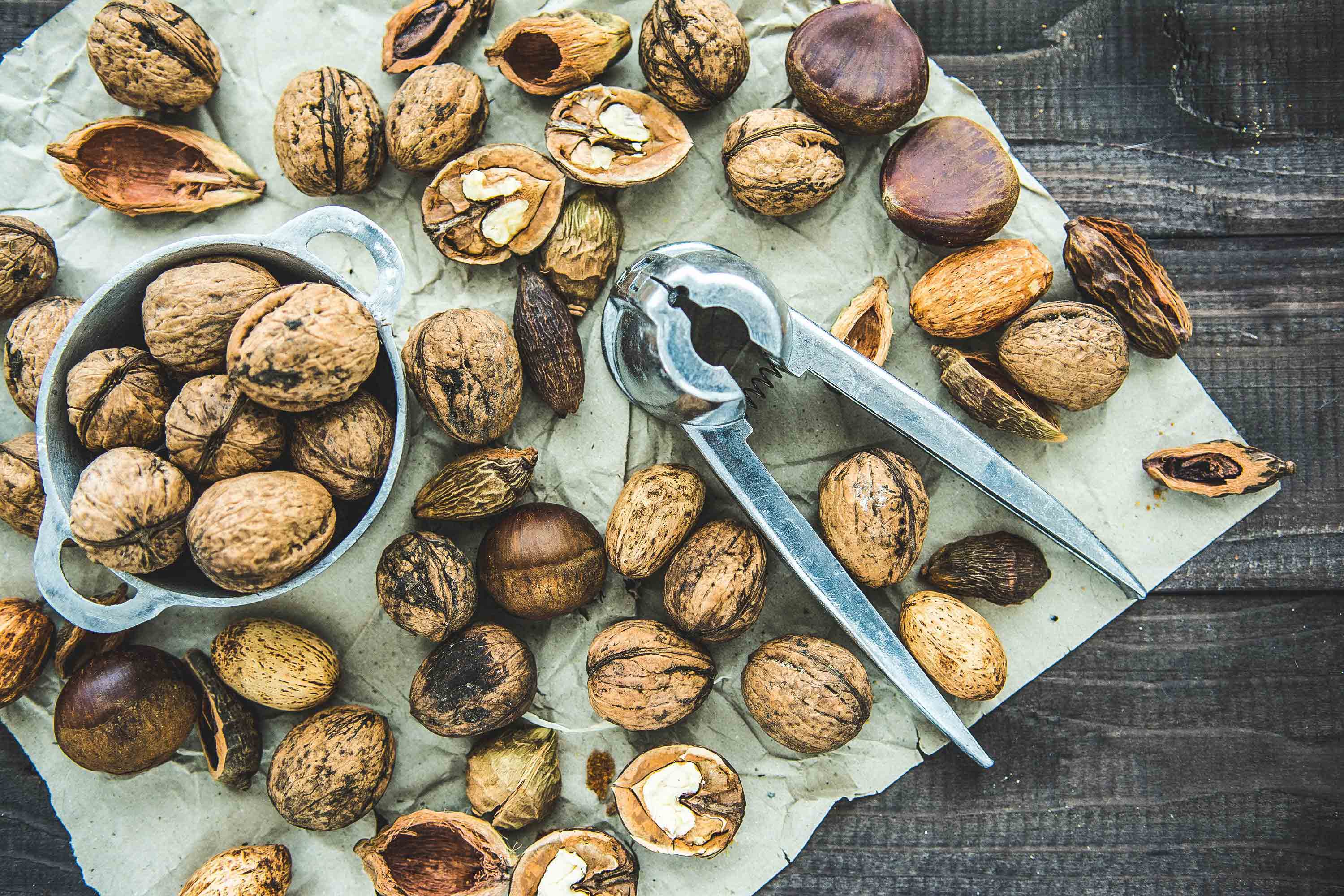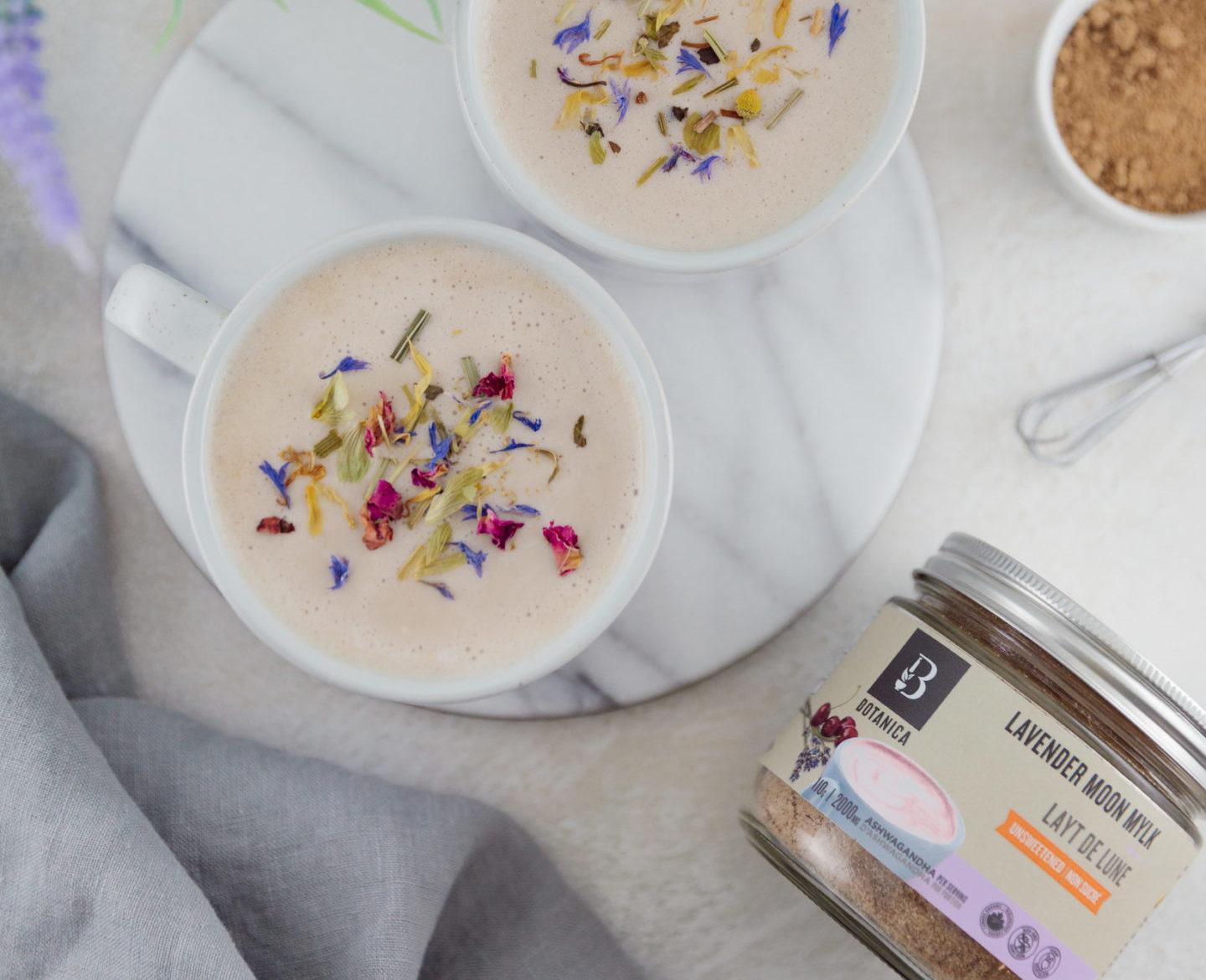Sleeplessness due to anxiety or other emotional disturbances is an acceptable and well-known phenomenon. However, to look at one’s diet as a causative factor of insomnia may seem insignificant. On the contrary, diet may in some cases be the most significant causative factor and thankfully it is also one that can easily be remedied with simple adjustments to our bed-time dietary routine. Do not worry, this isn’t about food deprivation and conversely may indeed require you to not limit your pre-bed diet so much!
Before we get into learning the fix, here’s some food for thought regarding health issues that may arise from insufficient sleep. It’s no secret that lack of sleep causes brain fog, low energy and even increases cravings for fatty and sugary foods. However, did you know that it can contribute to high blood pressure? Sleep helps your body regulate stress hormones and helps your nervous system remain healthy. Over time, wakefulness could hurt your body’s ability to regulate stress hormones, leading to high blood pressure – among other health concerns.
Here are 5 Dietary Solutions for a Good Nights’ Sleep:
1. Have a Light Snack Before Bed
If you find yourself waking up in the middle of the night and have difficulty getting back to sleep, it may simply be a result of blood sugar imbalances. With an early dinner, our body may get into hypoglycemia by 2-3am. The low blood sugar will signal for cortisol release to normalize blood sugar levels. With the release of cortisol, you’ll have a rebalancing of sugars but now, you’re likely to awaken and find it difficult to get back to sleep. To prevent this, consider a light snack before bed to ensure a good deep sleep. If you’re an intermittent faster, remember that an easy to digest vegetable protein (like a handful of nuts, a hardboiled egg or veggies with hummus/guacamole) will not disrupt your fasting state and provide your body with the needed nutrients to ensure steady blood sugars through the night and uninterrupted sleep. You can also try a protein smoothie targeted for a better sleep.
2. Avoid Foods that Cause Acid Reflux
Certain foods are known to cause relaxation of the muscles that hold the stomach shut tight. As you can imagine, if this round muscle at the tip of the stomach goes lax, all the contents of the stomach may regurge causing an unsettling heartburn sensation. This, for obvious reasons, doesn’t allow for the relaxation required for a good deep night’s sleep. So, consider avoiding all such triggers including peppermint, tomato, citrus, and all caffeine-containing products. Conversely, you may try some fennel tea to settle your stomach and if you have no blood pressure issues, may find licorice tea (or extract) soothing to your tummy.
3. Avoid Caffeine & Have a Calming Tea Instead!
I’m sure you know that caffeine in the late afternoon can disrupt sleep due to its stimulant effects on the nervous system. So, opt for a refreshing mid-afternoon herbal tea latte or enjoy a cup of caffeine-free tea before bed. For an even stronger sedative effect, look for a combination of the following: valerian root, hops, lemon balm, skullcap, passionflower, chamomile and lavender. Be mindful, however, that valerian root isn’t the most appetizing and is easier to stomach in combination with other herbs especially an aromatic one like lavender. If the idea of drinking tea to relax is in itself a stressor, you may benefit from liquid capsules or a calming tincture!
4. Take Care of Your Pain
Pain is the antithesis of relaxation. From a dietary perspective, whether your source of pain is digestive cramps or migraine headaches, taking an inventory of offending foods must always be your first step. If the task of maintaining a diet diary and making dietary changes to discover your food sensitivities is too arduous a task, consider asking your Naturopath or Medical Doctor for an IgG Food Sensitivity test. Eliminating the offending foods may do much to calm not just your pain, but also the nervous system as there’s a direct link between our gut and brain and as a result all functions related to the brain –including sleep!
5. Simple, Yet Most Important: Water
Watch your water intake in the evening! If you’re waking up 3-4x a night to urinate, this will no doubt, in time, lead to health concerns associated with sleep insufficiency. You may be thinking, but I get right back to sleep! From your perspective, yes, however, your body now needs to reinitiate its sleep cycle. Throughout the night your body transitions from the light sleep to deep sleep and eventually REM and cycles through this many times. If within two hours of sleep, when your body is just transitioning into REM sleep, you awaken to empty your bladder, you’ve just broken that cycle requiring your sleep cycle to restart. So, consider a moderate approach to liquid intake. Not everyone needs 8 glasses of water a day (some more, some less). And consider getting most of your liquids during the day. If frequent waking through the night for urination isn’t a direct result of evening fluid intake, consider seeing your Naturopath or Medical Doctor and getting things sorted out.
A Word About Sleep Hygiene
Weeding through the possible causes of your insomnia may take some time to uncover, however the resulting improvement in all aspects of health will be well worth the effort. Apart from stress and anxiety, the most common dietary triggers for interrupted sleep and insomnia are covered in the above list. It’s noteworthy to remember that sometimes the most significant impact can come from the simplest of solutions. With that said, the solution may simply lie in your pre-bed routine! Example, do you have a habit of screen time before bed? Is your room dark & cool? Consider reviewing your pre-bedtime routine against general sleep hygiene practices to ensure a good night’s rest.



